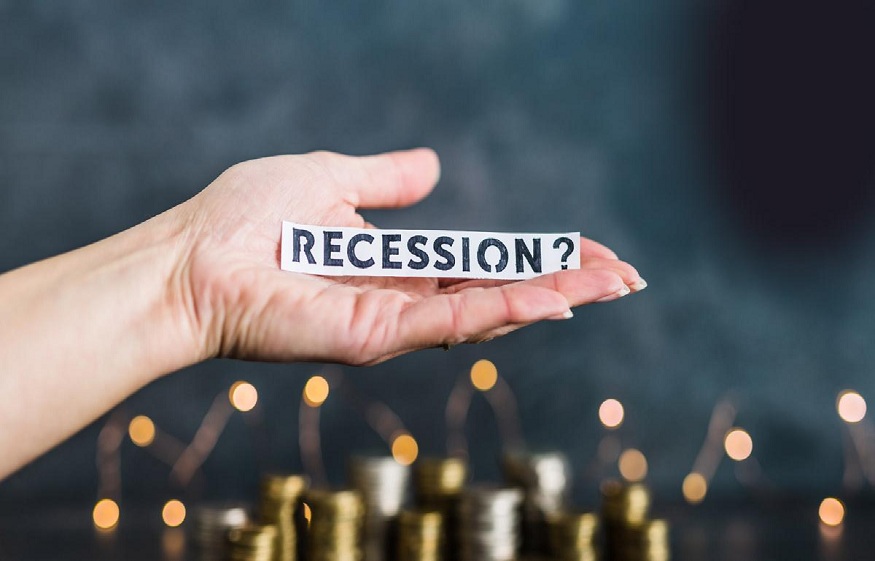During an economic downturn, like a recession, investing for value proves to be an attractive choice for many. Kavan Choksi points out that while economic meltdowns can indeed have negative implications for an investment portfolio; there is a positive side to this situation as well. The stocks of many good companies are often sold at quite low prices by panic sellers during a recession; as a result, they become “value stocks.”
Kavan Choksi discusses how to invest smartly in value stocks during a recession
A robust value investment strategy involves identifying stocks that are undervalued in the market on the whole. Common features of the stocks involve low price-to-earnings (P/E) ratio, high dividend yield, and/or low price-to-book (P/B) ratio. As a result, such stocks generally trade at a much lower price in comparison to the performance of the company due to market inefficiencies. Value stocks are actually pretty high quality investments for a recession portfolio and have the potential to outperform growth stocks as well.
Among other things, a proper analysis is critical for developing a recession investment strategy. Investors need to dig deeper into the prospective stocks for improved insights. They must properly study the company, its performance records, history and more. The stock must be evaluated on the basis of the underlying weaknesses and strengths of the relevant company. Investors need to research on its cash flow, management team, business model, assets and liabilities, as well as strategies and the demand for its products both in and out of recession. Past performance may not provide assurance of a positive future outcome, but it still is vital to research on the performance of the value stock in a past recession and check its track record. This can provide a baseline reference to compare while making an investment. Apart from the performance, the stability of the dividends paid out by the value stock must also be taken into account. The dividend history of a business is a good measure of its financial strength. If a company has increased or maintained its dividend through previous recessions, then it is quite a positive sign.
Kavan Choksi stresses upon the fact that while value investing can prove to be profitable, it is still vital to manage risk in the portfolio. Investors must seek downside protection to reduce risk. Avoiding overpayment and looking for cash-rich companies with minimal debt is one of the ways to achieve this goal. Choosing large cap stocks shall also provide businesses with a distinctive edge. However, it is not always easy to find large-cap value stock companies that can remain solvent during a period of recession.
One of the best aspects of investing during a recession is that recessions do not last forever. Therefore, investors need to look for opportunities and try to revise and rebalance their capital allocation. Adding value stocks to their portfolio can be a smart choice, as they align their portfolios with long-term goals and reduce risk to their tolerance limit. However, investors must not over-commit to stocks by chasing down value. Rather, they need to diversify their portfolio and put give a pause to equity exposure for long term goals.





